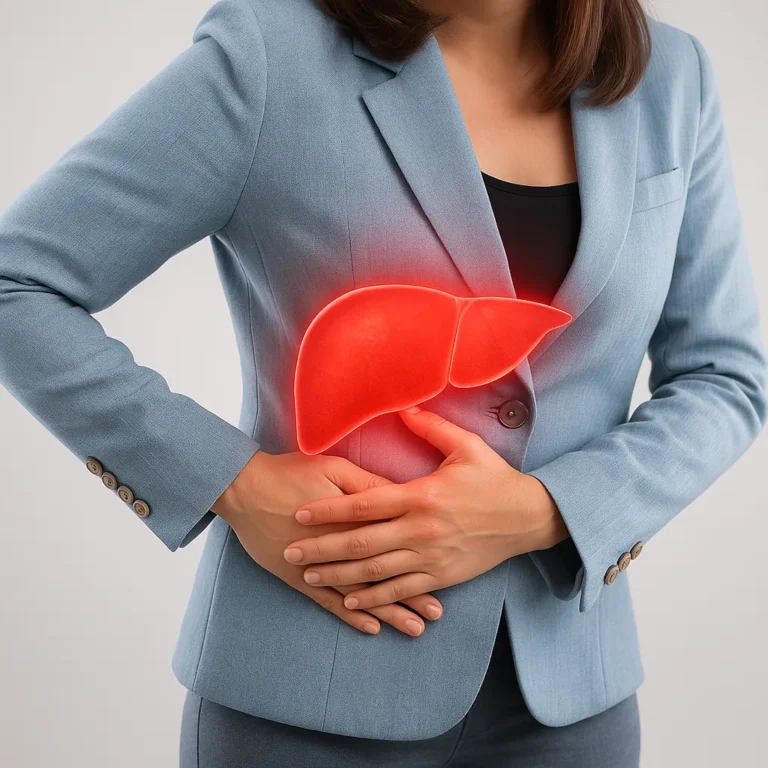Perimenopause Symptoms Mistaken for Anxiety: A Deeper Look
Ever felt like you’re on an emotional rollercoaster that you can’t seem to get off? You might be experiencing perimenopause symptoms mistaken for anxiety. It’s not uncommon, but understanding the distinction is crucial for proper treatment.

Understanding Perimenopause
What is Perimenopause?
Perimenopause is the transition period before menopause, typically occurring in a woman’s 40s. This phase can last for years and it’s characterized by hormonal changes that can lead to various physical and emotional symptoms.[1]
Hormonal Changes and Their Effects
During perimenopause, your estrogen and progesterone levels fluctuate erratically, which can lead to irregular periods, hot flashes, sleep problems, and mood changes.[2] But sometimes, these hormonal shifts can cause symptoms that mirror those of anxiety disorders.

Perimenopause Symptoms Mistaken for Anxiety
The Overlapping Symptoms
Perimenopause and anxiety share several symptoms like irritability, difficulty concentrating, fatigue, and sleep disturbances. This overlap often leads to misdiagnosis or mistreatment.[3]
The Impact on Mental Health
The hormonal changes in perimenopause can increase susceptibility to mental health issues, including anxiety. It’s important to note that while these symptoms may resemble anxiety, they’re often part of the perimenopausal process.[4]

The Importance of Accurate Diagnosis
Perimenopause or Anxiety?
While perimenopause symptoms mistaken for anxiety are common, accurate diagnosis is essential. It guides the treatment plan, ensuring you get the relief you need. Misdiagnosing perimenopause as anxiety can lead to unnecessary anxiety medication, while overlooking an underlying hormonal imbalance.[5]
Seeking Professional Help
If you’re experiencing these symptoms, it’s wise to consult with a healthcare provider who can distinguish between perimenopause and anxiety. They can help identify the root cause of your symptoms and recommend appropriate treatments.

Managing Perimenopause Symptoms
Healthy Lifestyle Choices
Maintaining a healthy lifestyle can ease perimenopausal symptoms. Regular exercise, balanced diet, and adequate sleep can make a significant difference. Limiting caffeine and alcohol can also help manage symptoms mistaken for anxiety.[6]
Hormone Therapy and Other Treatments
For severe symptoms, your healthcare provider might recommend hormone therapy or other treatments. Cognitive behavioral therapy (CBT) can also be beneficial for managing symptoms that mimic anxiety.[7]

FAQs About Perimenopause Symptoms Mistaken for Anxiety
Can perimenopause cause panic attacks?
Yes, the hormonal fluctuations during perimenopause can trigger panic attacks in some women.[8]
How long do perimenopause symptoms last?
Perimenopause typically lasts for four years but can vary between a few months to 10 years. The symptoms persist throughout this period.[9]
Can perimenopause symptoms be managed without medication?
Yes, lifestyle modifications can help manage mild to moderate symptoms. However, severe symptoms may require medical intervention.[10]
Conclusion
Understanding the intersection between perimenopause and anxiety can be challenging. If you suspect that you’re dealing with perimenopause symptoms mistaken for anxiety, it’s essential to consult a healthcare professional. With the right diagnosis and treatment, you can navigate this phase of life more comfortably.
Remember, you’re not alone in this journey. Reach out, seek help, and take the first step towards better health today.

References
- [1] National Institute of Health: Stages of Reproductive Aging Workshop (STRAW)
- [2] National Institute of Health: Ovarian Aging and the Menopausal Transition
- [3] Pubmed: Anxiety Disorders in Women: Does Gender Matter to Treatment?
- [4] ScienceDirect: Hormones and Behavior
- [5] Mayo Clinic: Perimenopause
- [6] National Institute of Health: Lifestyle and Behavioral Modifications for Menopausal Symptoms
- [7] ScienceDirect: Cognitive-Behavioral Therapy for Menopausal Symptoms
- [8] National Institute of Health: Ovarian Aging and the Menopausal Transition
- [9] National Institute of Health: Ovarian Aging and the Menopausal Transition
- [10] National Institute of Health: Lifestyle and Behavioral Modifications for Menopausal Symptoms
Read more: Non-alcoholic fatty liver disease without elevated enzymes






